Have you been asking what makes people dislike you? Have you ever been in a conversation that left you cringing, counting down the seconds until you could escape? We’ve all been there. Sometimes, it’s not what you say, but how you say it, that can make or break a conversation.
What Makes People Dislike You? Conversational Habits
Ever wondered what makes people dislike you? What are those conversational habits that might be driving people away? Dive into the fascinating world of human interactions as we explore the conversational behaviors that can inadvertently rub people the wrong way.
From interrupting conversations to showcasing arrogance, we’ll unravel the intricate dynamics that play a significant role in how you are perceived by others. We’re diving headfirst into the world of chitchat, where the way you talk can either be a magnet or a repellent.
1. The Monopolizer: “I Will Not Let Anyone Else Speak!”

If someone becomes trapped in your conversation where they are just an unwilling audience to your never-ending monologue, it becomes one of your habits that make people dislike you.
The Monopolizer has a gift for taking up all the limelight, leaving someone struggling to find an opening to contribute. Your habit of dominating conversations can make interactions feel more like a lecture than a dialogue for someone else.
People often crave meaningful exchanges where their thoughts are acknowledged, so when you don’t give a pause in your chat, it’s a recipe for immediate disinterest.
Related: Imagine How Many People Dislike You – Cuppymusic Quotes
2. The Oversharer: “Let Me Tell You About All the Nooks and Crannies of My Life! “
Personal boundaries? The Oversharer never got the memo. If you are asking why do people dislike you for no reason– this might be the ground that has always evaded your senses.
You’re willing to share every intricate detail of your life, from health issues to romantic escapades. While vulnerability can foster connections, oversharing can have the opposite effect.
People might recoil at the discomfort of knowing intimate details about someone they barely know. While sharing is caring, there’s a fine line between a genuine connection and leaving people wondering if they’ve accidentally stumbled into a therapy session.
3. The One-Upper: “I will Overshadow Your Story! “

You might be on the verge of asking why do people dislike you for no reason. This might be the cause. Someone might have just shared a personal experience, but before they know it, the One-Upper has swooped in to steal the spotlight.
Whatever they might have been through, you have been through something even more remarkable. While sharing stories can be a way to bond, constantly overshadowing someone’s impressive tales can leave them feeling unheard and unimportant.
4. The Interrupter: “I Love Talking over You! “
There’s nothing more frustrating than trying to share a thought only to be interrupted by someone else’s eager words. The Interrupter, an example of what makes people dislike you, can’t wait to jump in, often cutting off someone else mid-sentence.
It’s as if you can’t bear the idea of missing a moment to showcase your own ideas. This habit not only signals a lack of interest in what the other person is saying, but also displays a lack of basic conversational courtesy.
5. The Negative Nancy: “I Love Talking about Worst Case Scenarios! “
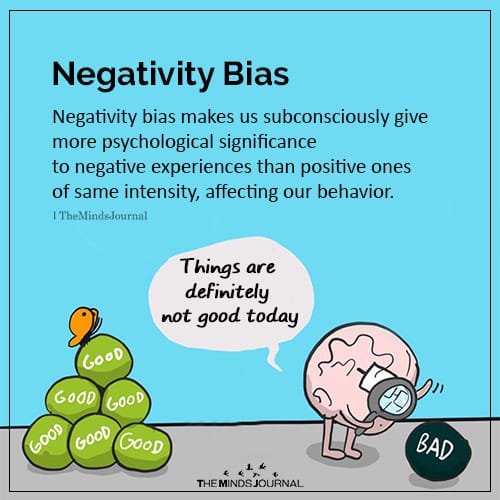
One of the habits that make people dislike you is being a negative Nancy. Ever met someone who could turn a joyful conversation into a gloomy forecast? The Negative Nancy thrives on focusing on the worst aspects of any situation.
While it’s healthy to acknowledge challenges, constant negativity can quickly become draining. Conversations are meant to uplift and connect, not send someone else into reaching for an emotional umbrella.
Related: The Damaging Effects of Negativity on Your Health
6. The Name-Dropper: “I Breathe Celebrities! “
The Name-Dropper’s conversations often resemble a never-ending game of The Lunchbox. You’ve met everyone, been everywhere, and know all the right people.
While mentioning connections can be interesting, overdoing it can come across as self-absorbed. People value genuine connections over a laundry list of famous acquaintances.
7. The Condescending: “I am Better than You! “

The condescending often speak like they are explaining quantum physics to a toddler. You, the condescending conversationalist, have a way of making others feel inferior through your tone and choice of words.
Conversations should be an exchange of ideas, and not an opportunity for one person to assert their superiority over another. This might become one of those habits that make people dislike you.
8. The Self-Centered Star: “I Love Talking about Myself Only! “
The Self-Centered Star believes conversations are an opportunity to shine a spotlight on their own achievements, experiences, and interests. While sharing personal stories is essential, a conversation should be a balanced exchange where both parties feel valued.
Constantly steering the conversation towards yourself can alienate others and signal a lack of genuine interest in their perspectives.
9. The Non-Listener: “I am so Bored of Hearing You Speak! “
The non-listener exhibits the annoying habit of always being invested in their phone during a conversation and barely hears what the other person is saying. It means that you are perpetually distracted, making it evident that your mind is elsewhere.
Meaningful conversations require active listening and engagement, and when you are absent-minded, it’s a surefire way to create a disconnect between the members of the group.
10. The Challenger: “I am Ready to Battle Every Word You Say!”

There might be instances where a member of the group is trying to have a casual chat with you, only to find themselves in a heated debate. The Debater can’t resist turning even the most lighthearted conversations into arguments and then you might be wondering what makes people dislike you.
While healthy discussions are important, not every interaction needs to be a battleground. The constant need to prove a point can exhaust both you and the other members of the group, creating an unpleasant atmosphere.
Creating Positive Conversational Impressions
In the labyrinth of human interactions, our words are the threads that weave connections or fray bonds. By unraveling what makes people dislike you conversationally, we understand the way to transform our communication landscape.
Remember, a genuine smile, a sincere ear, and a respectful pause can paint your conversations in colors of warmth and empathy. After all, in the realm of words, the art of being liked in a conversation is the true masterpiece.
If you enjoyed reading our article on what makes people dislike you, comment and let us know!
What to do when people dislike you?
If people dislike you during a conversation, there might be several reasons behind it. You can ask someone why they dislike you and change your habits accordingly. You shouldn’t always try to be in someone’s good books, though.
Is it a good habit to always debate someone else’s point?
No, this is not a good habit because it can lead to unnecessary fights between you and the other members of the group. A conversation isn’t supposed to feel like a battleground at all points.
Is it important for everyone to like me?
No, it is not important that you are liked by everyone. It is important to only be liked by those whom you care about.


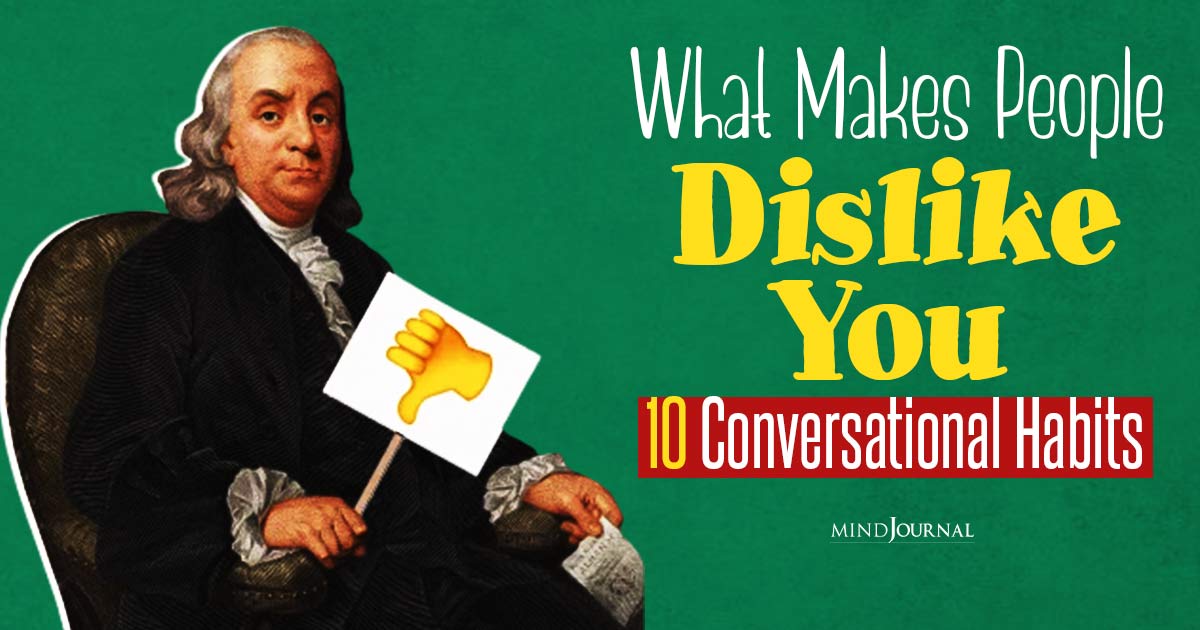



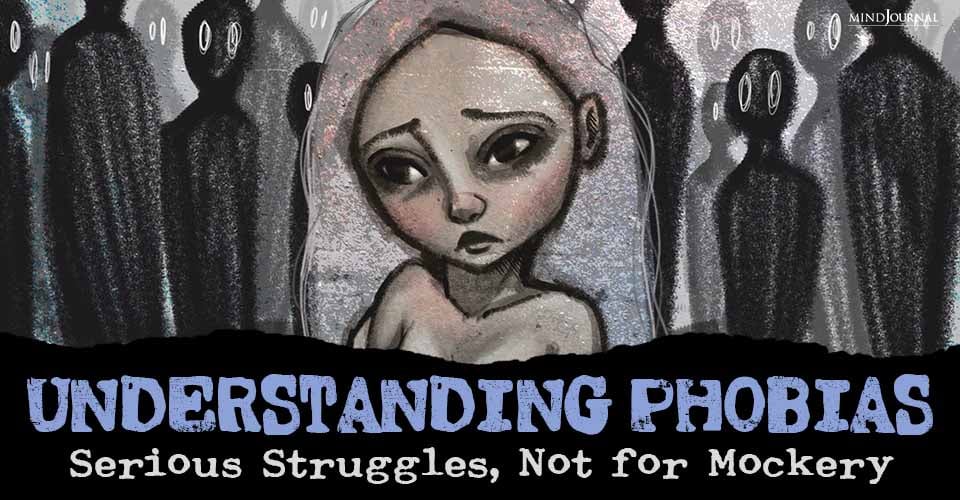

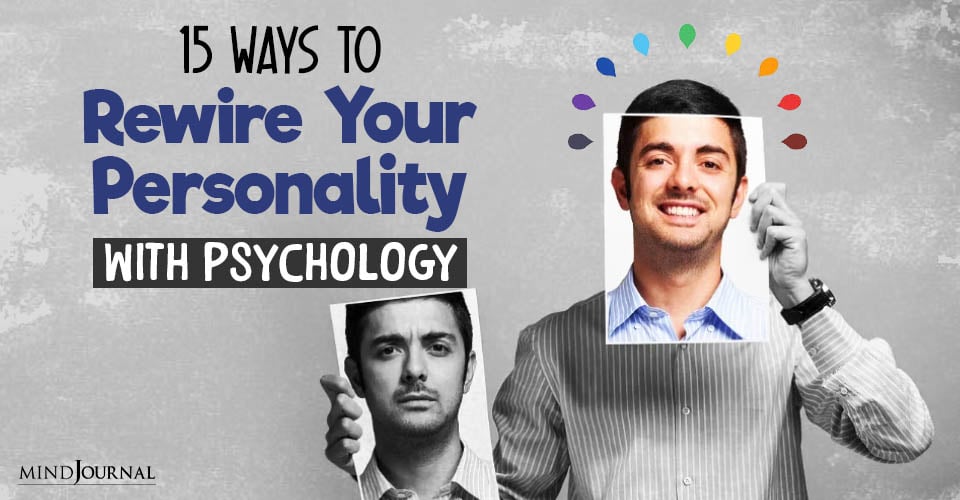
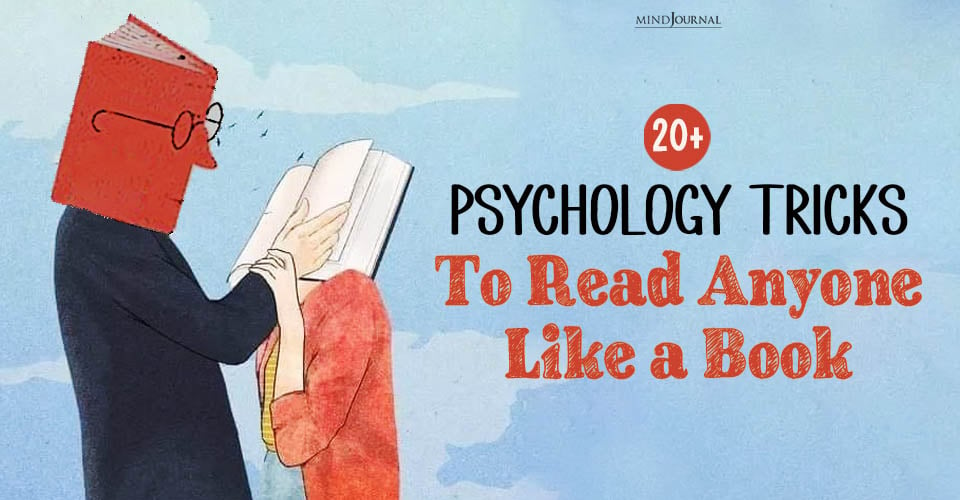
Leave a Reply